The Churchill County Planning Commission voted 3–1 to deny a request by resident Alex Peden to convert a former grain handling facility on McLean Road into a wood pellet production plant, determining the proposal was more akin to industrial timber processing than agricultural crop processing.
The debate centered on whether Peden’s plan to use a hammer mill and pellet press—equipment also used for alfalfa and corn stalks—could be considered a use similar to grain processing, which is allowable under a special use permit in the A-5 zoning district. The commission ultimately concluded it was not.
Planning staff had asked commissioners first to decide whether the use was more similar to crop processing or timber processing—the latter of which is prohibited in agricultural zoning.
Peden defended his proposal by referencing small-scale pellet operations in Pennsylvania and Maine and his own plans to process agricultural byproducts like corn stalks. “There’s hardly any pellet manufacturing in Nevada,” Peden said. “I talked to Chris at the Business Environmental Program at UNR, and even they couldn’t find anything on record here. But this is the same equipment used in other ag applications.”
He acknowledged the potential for dust and noise but pointed to mitigation efforts such as filters, enclosures, and “hush houses” used by other operators.
Commissioner Mark Hyde, who tabled the issue at the May 14 meeting for further research, returned with a firm position. “I studied this off and on for the last month,” Hyde said. “As long as you’re growing a tree, it’s farming. But once that tree falls, everything downstream is industrial.”
Hyde explained that while the mechanics of processing wood and crops might be similar, the substances—and their impacts—are not. He cited research into volatile organic compounds (VOCs), including naturally occurring emissions like methanol and formaldehyde, which are released when wood is heated, dried, or ground.
“These VOCs are invisible, but in high concentrations, they’re harmful. They contribute to ground-level ozone and are regulated under the Clean Air Act,” Hyde said. He warned that even a small operation could face compliance issues under Title V of the federal law.
“Other states don’t allow this in ag zones,” he added. “Not one of our neighboring states permits timber processing in agricultural areas.”
Commissioner Tami Edgmon, who also researched the issue following the May meeting, echoed Hyde’s stance. “Great idea, great concept, but this belongs in industrial,” she said.
Commissioner Joe Frey offered a more nuanced view, acknowledging that crop and timber processing share mechanical similarities but concluded that under Churchill County’s code, wood pellet production was more closely aligned with timber processing. “Unless you’re growing your own trees, I don’t think this qualifies as ag,” Frey said.
Only Commissioner Jeff Goings dissented, viewing the proposal as a potential incubator business that could start small and relocate if it grew. “He’s using existing infrastructure. If it takes off, then he could move it. But this gives him a chance to start,” Goings said.
Public comment overwhelmingly opposed the permit. Residents cited health concerns, property values, and a desire to maintain the agricultural character of the neighborhood. Several studies have linked wood processing to the emissions of particulate matter, VOCs, and polycyclic aromatic hydrocarbons (PAHs), which are known carcinogens.
“This isn’t just noise and dust, it’s about emissions that affect air quality and health,” said Julie Lynch, who cited EPA research on wood dust as a Group 1 carcinogen.
Ben Shopf, a neighbor, said he generally supports small businesses but warned, “If you need a long list of conditions to make a use compatible, it probably doesn’t belong there to begin with.”
In the end, Hyde made the motion to declare wood pellet production not similar to crop processing, thus prohibiting it in the ag zone. Edgmon seconded, and the motion passed 3–1, with Goings opposing.
“This is about zoning, not emotion,” Hyde said. “Our job is to keep the lines clear so that agriculture remains agriculture.”


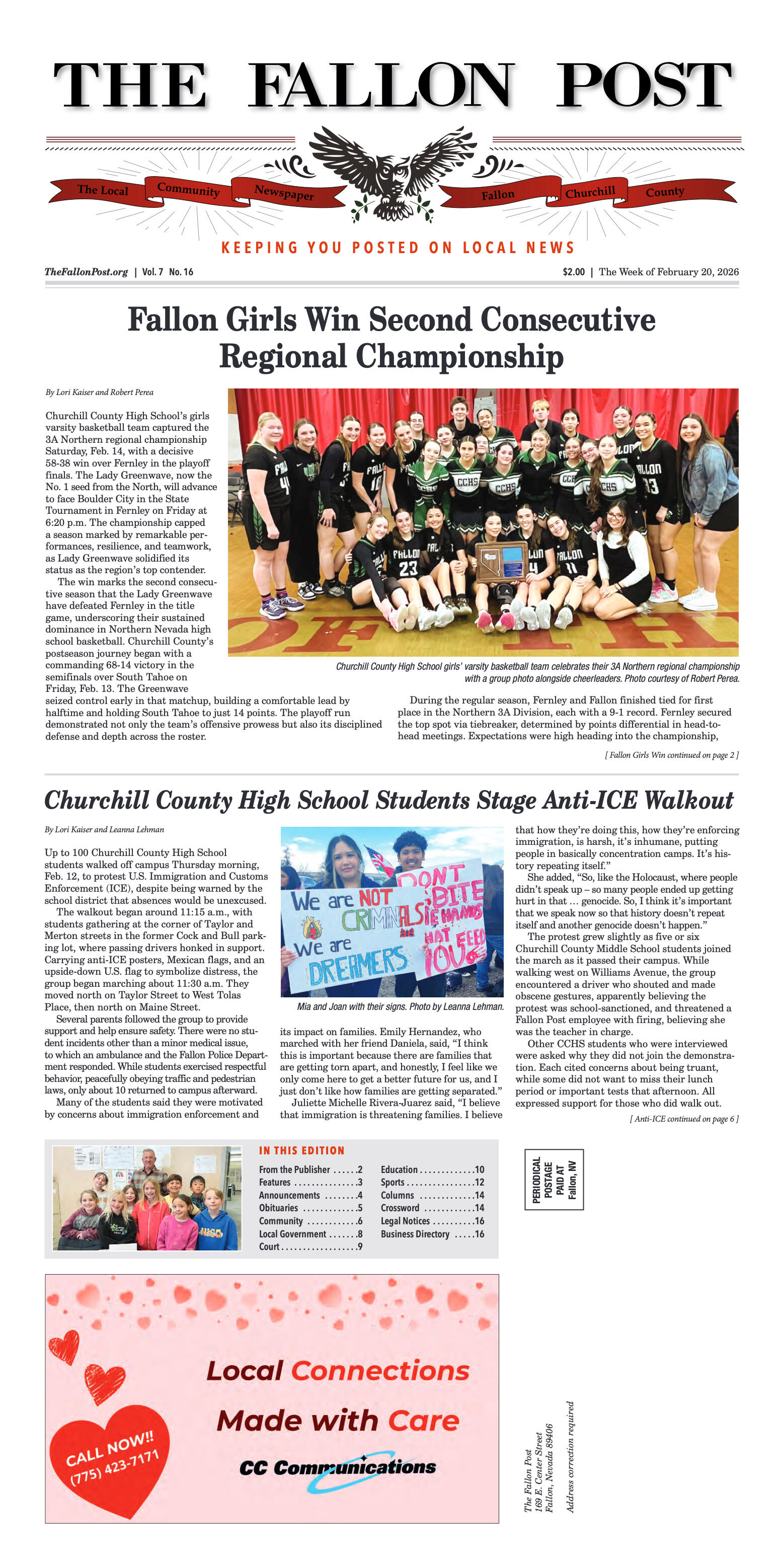
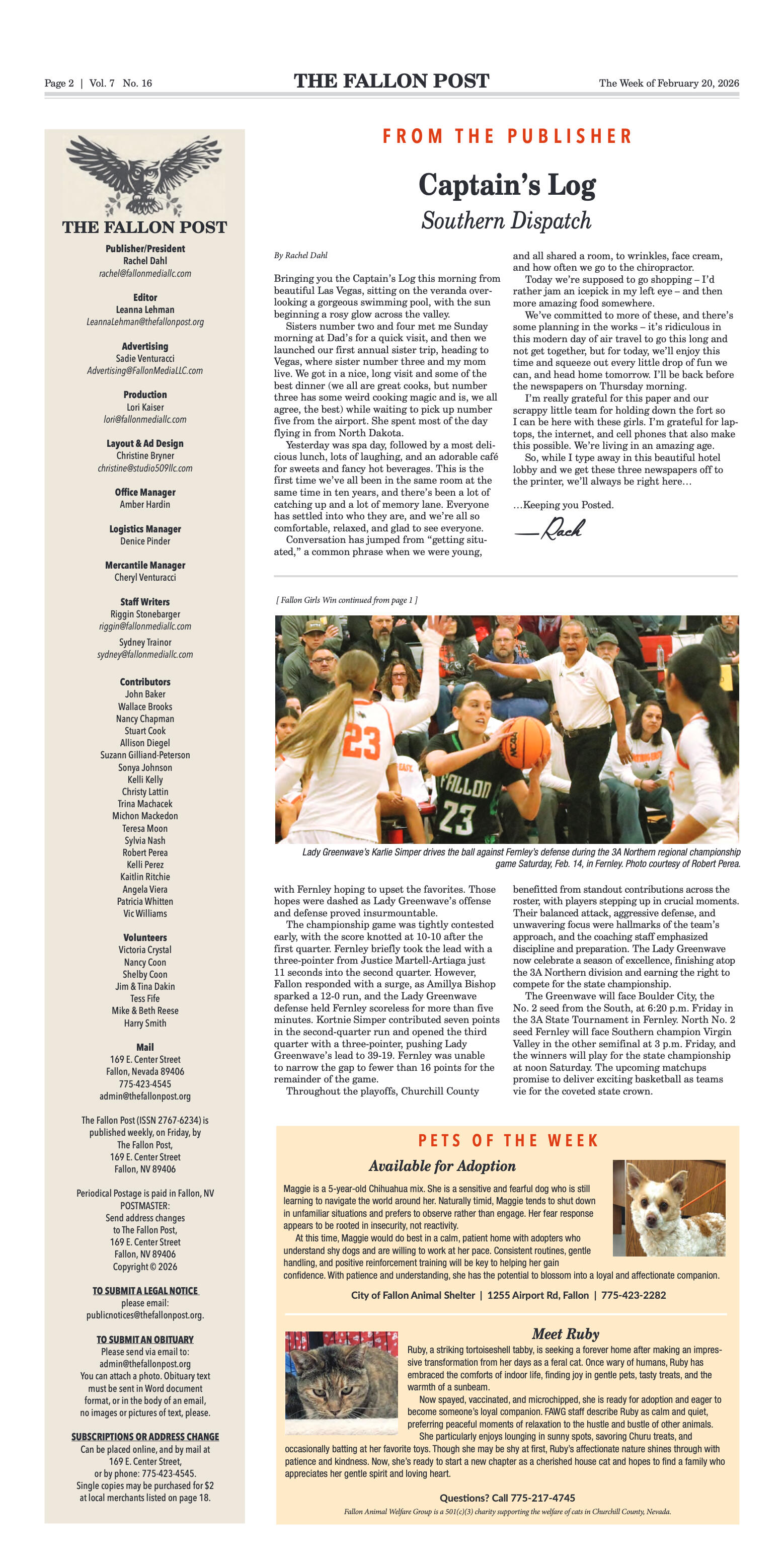
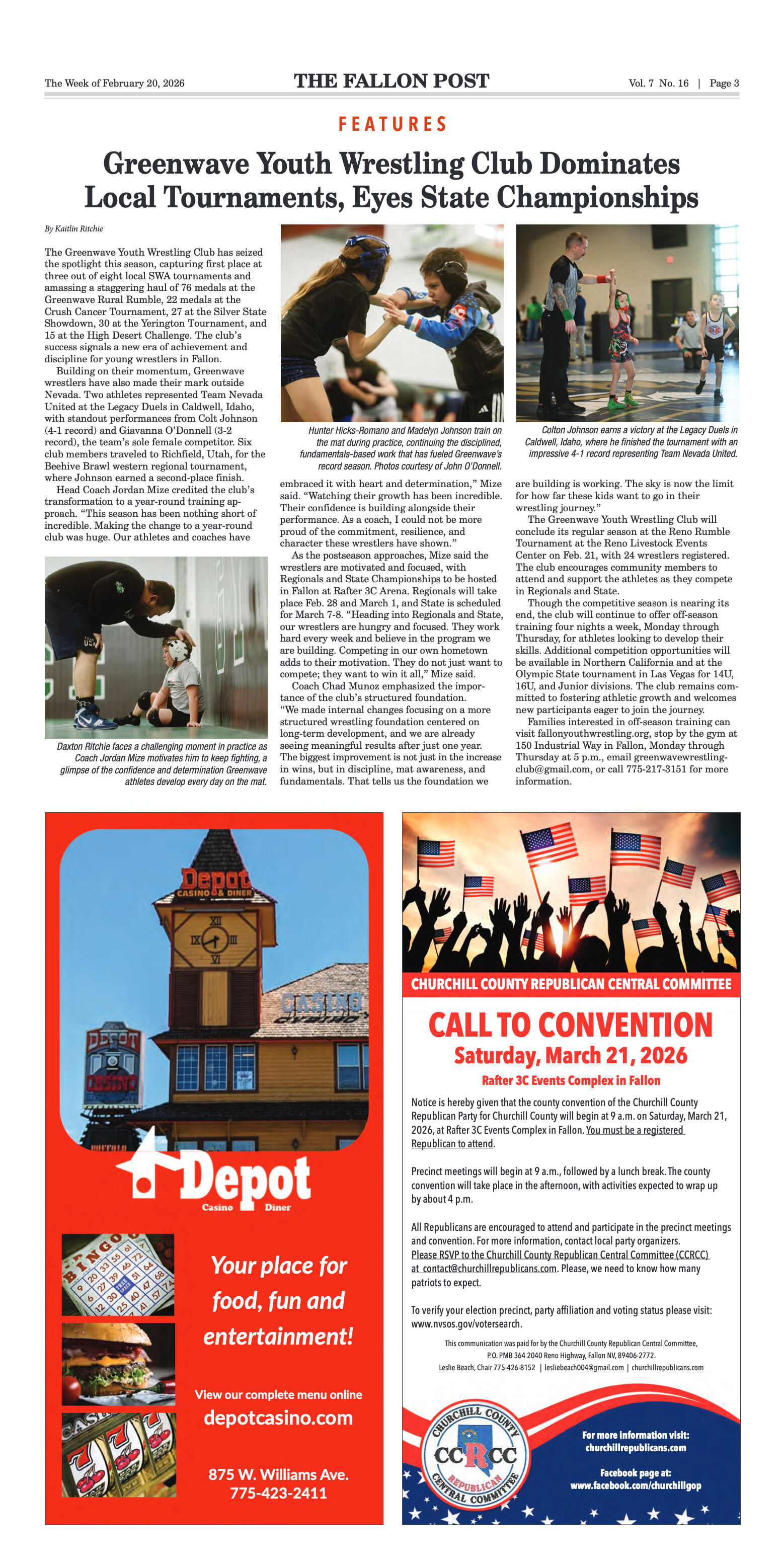
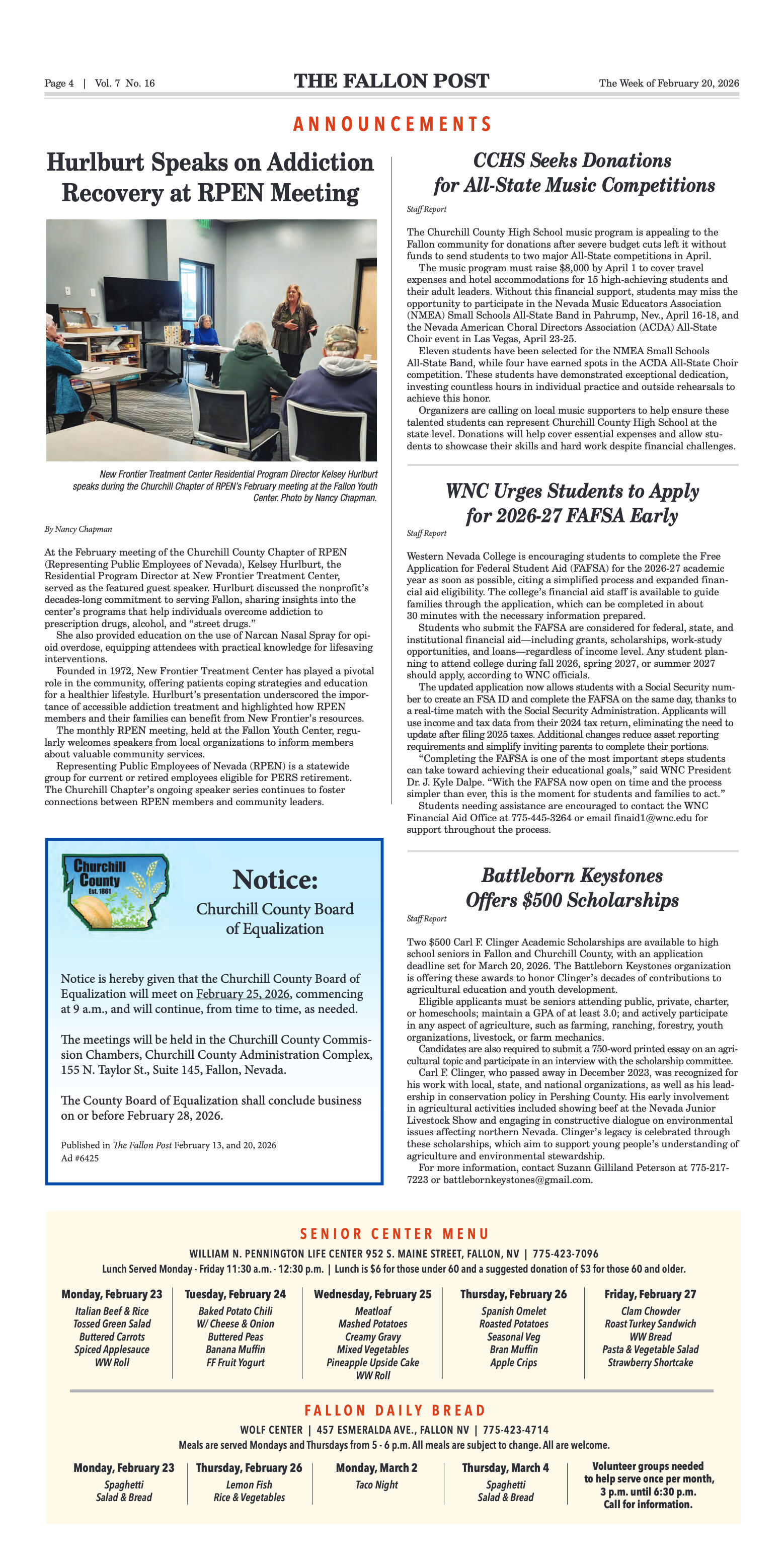
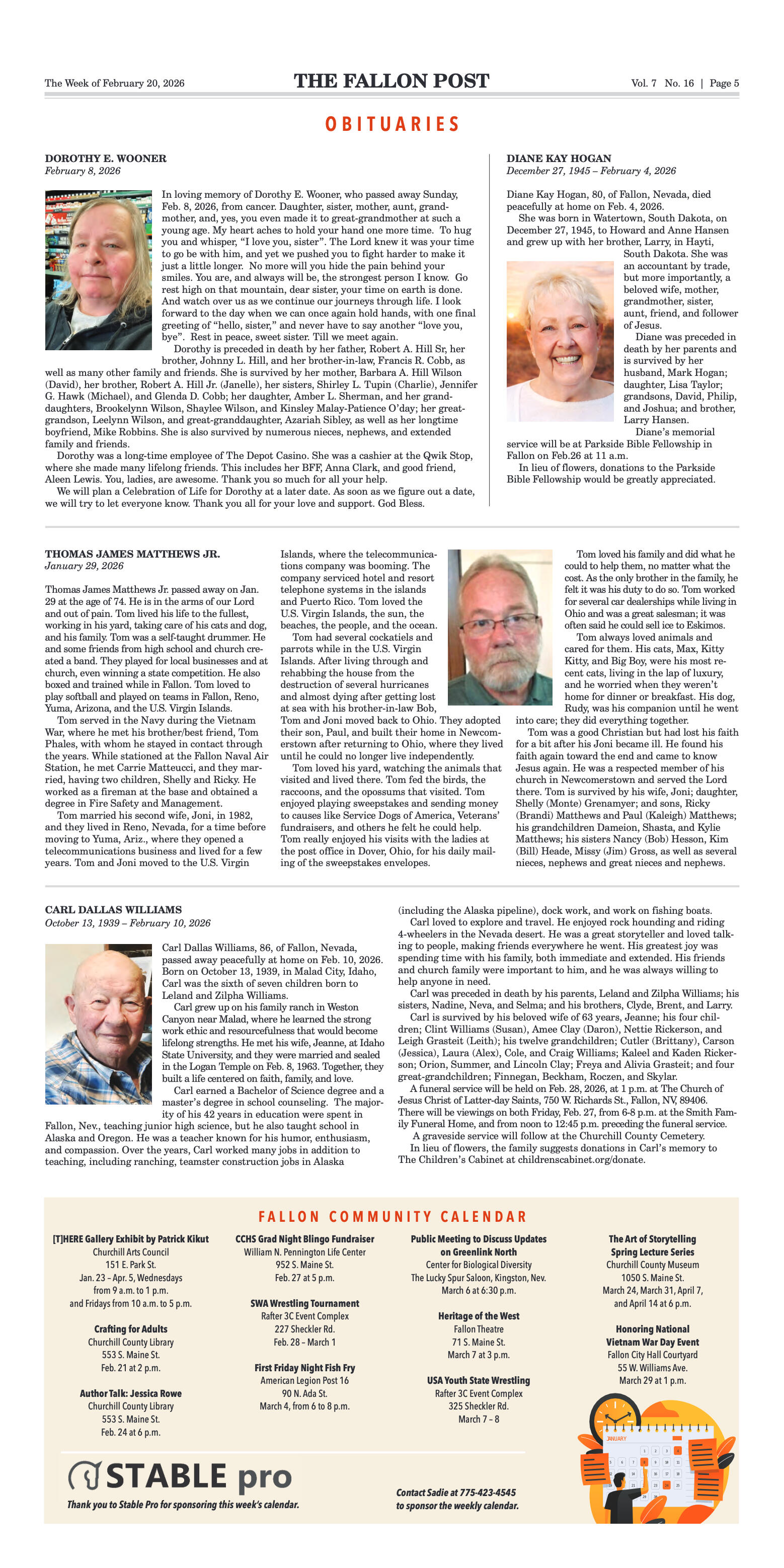
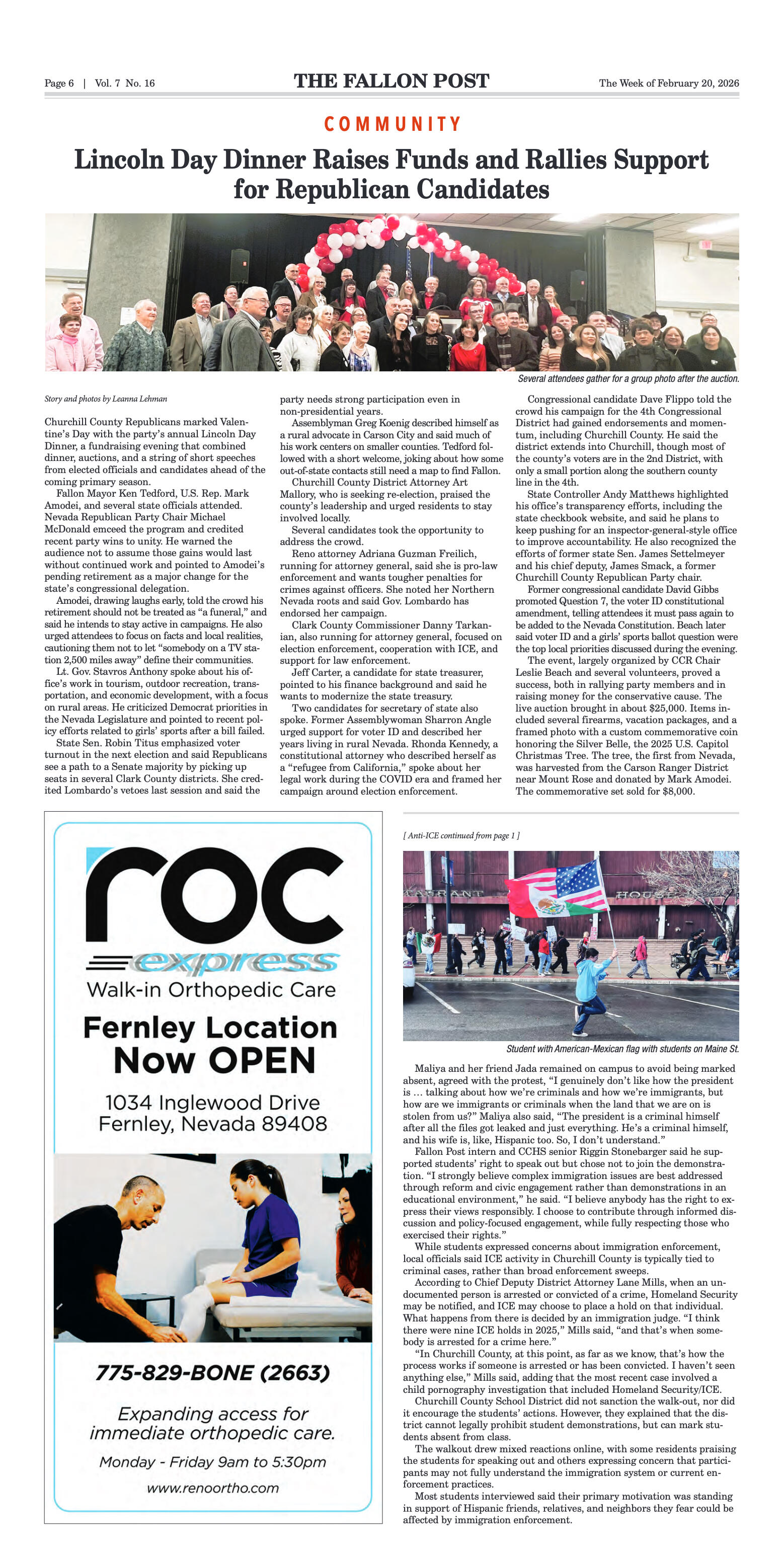
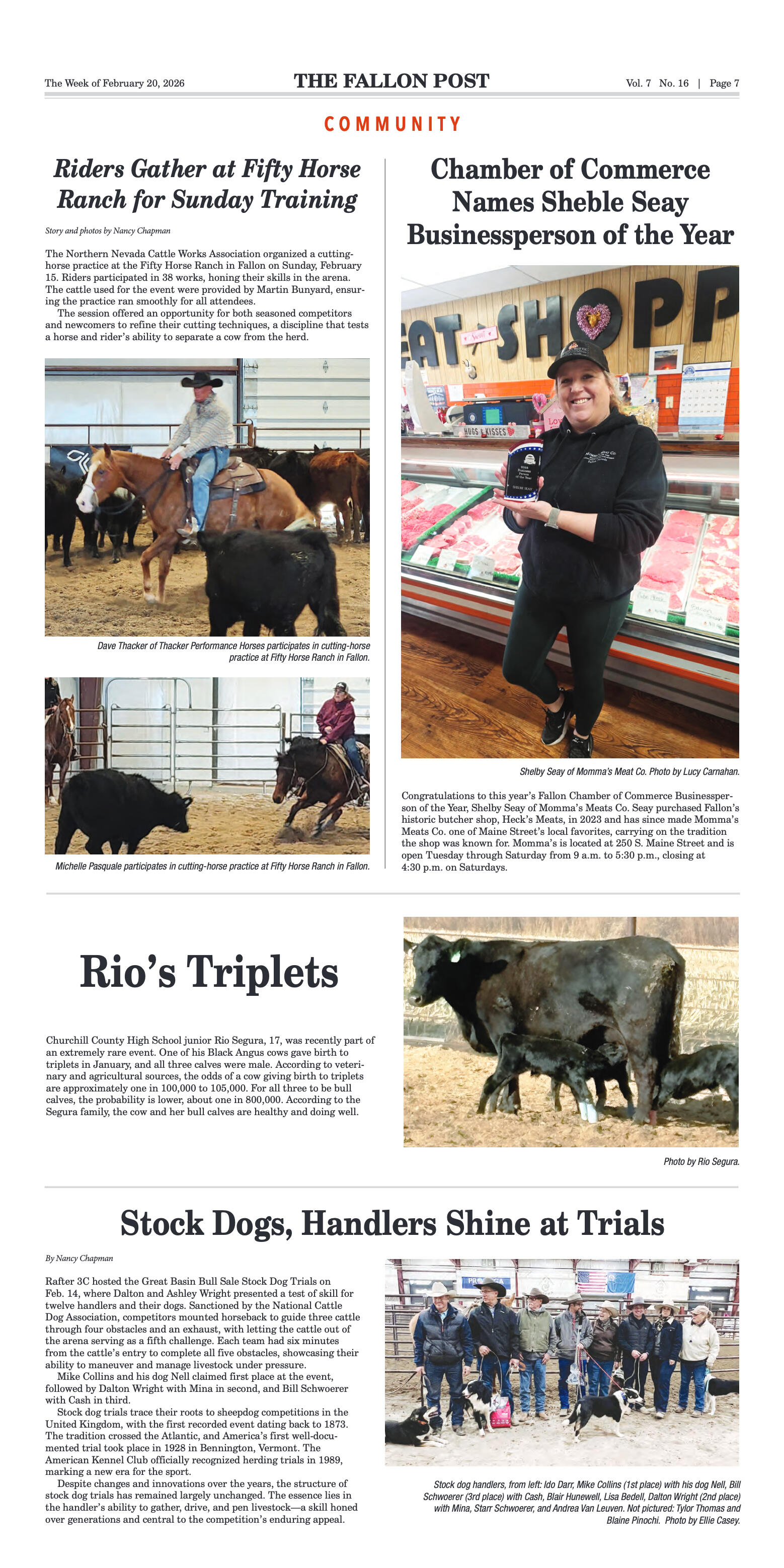

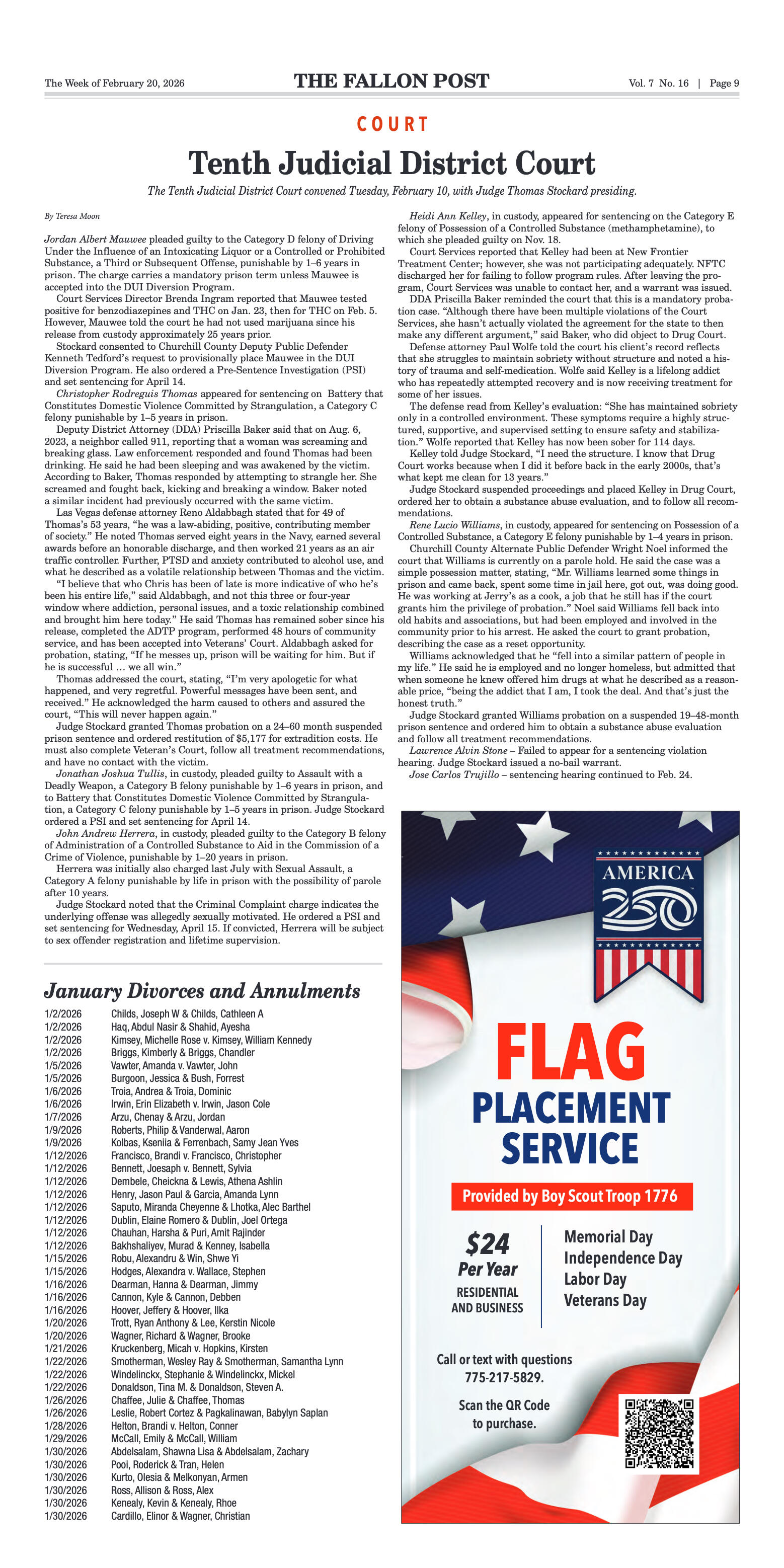
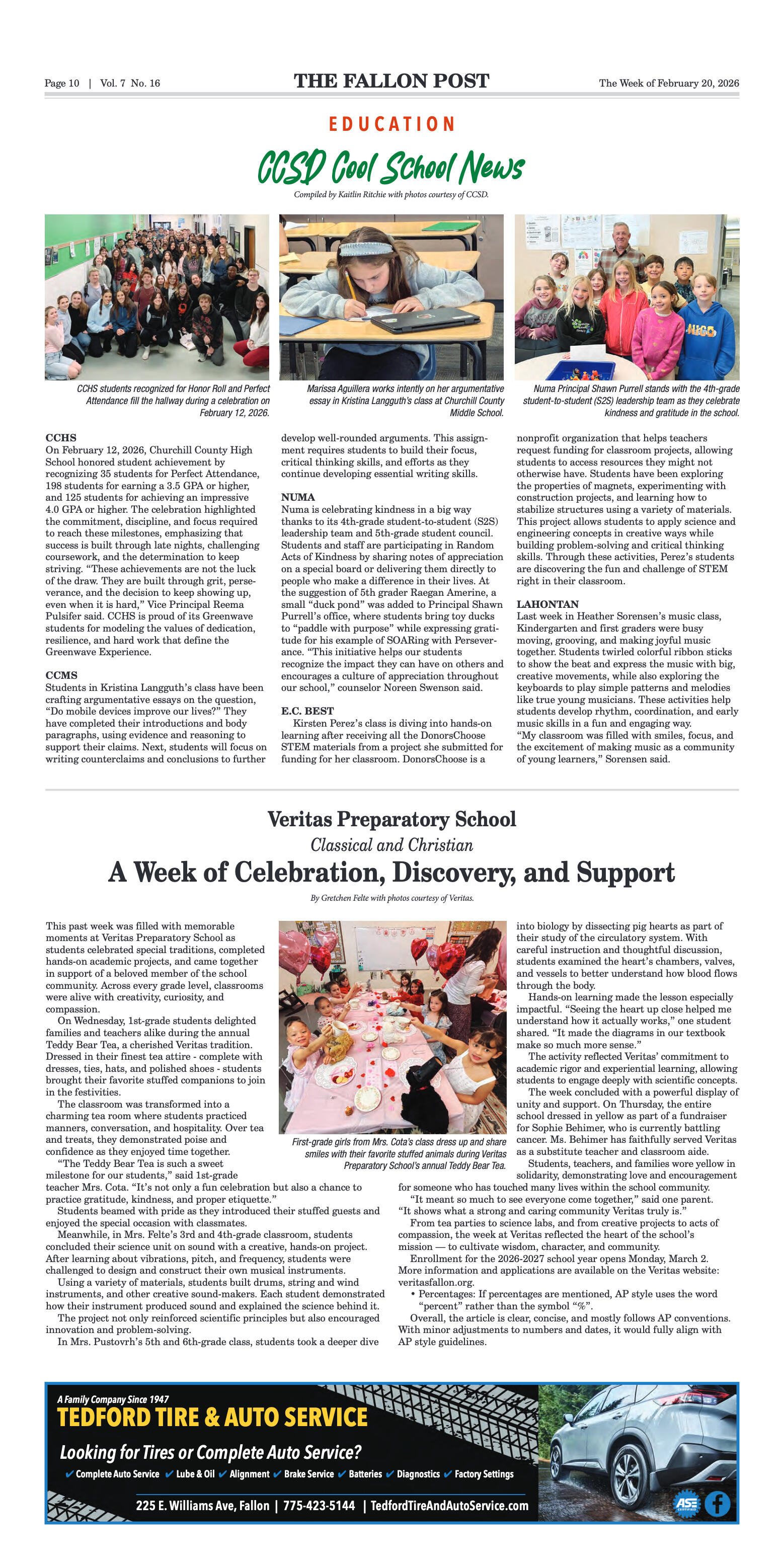
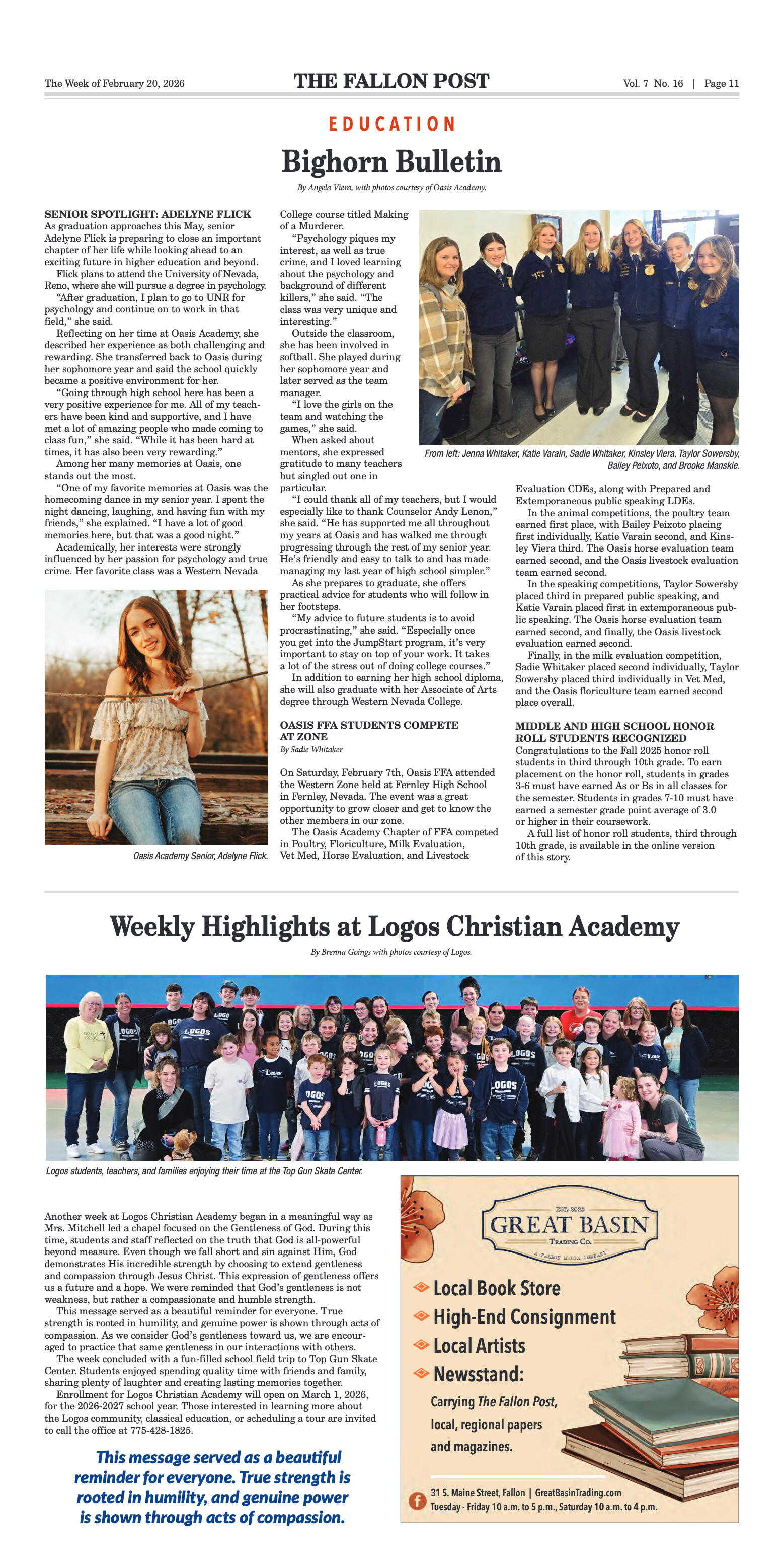
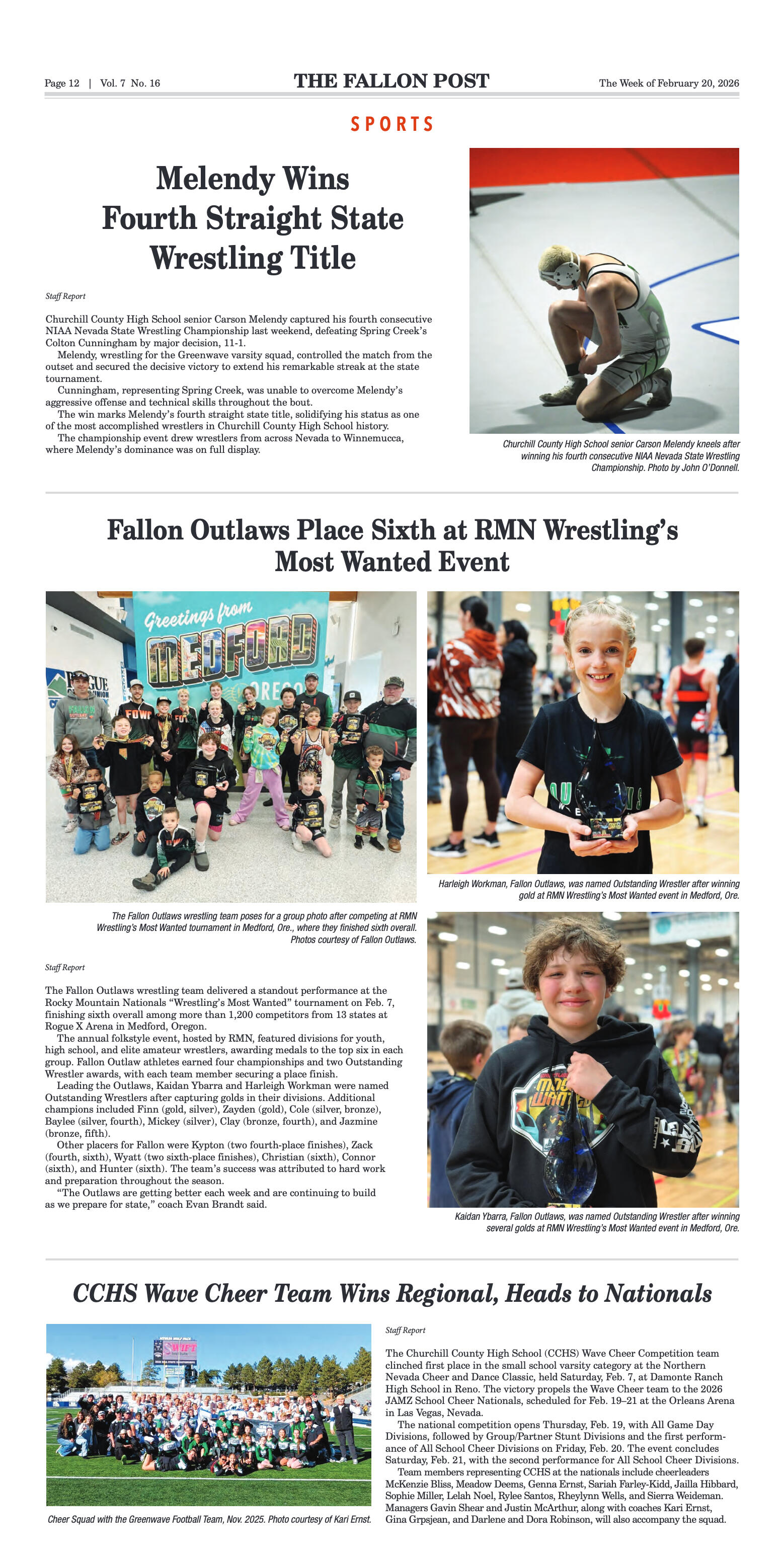

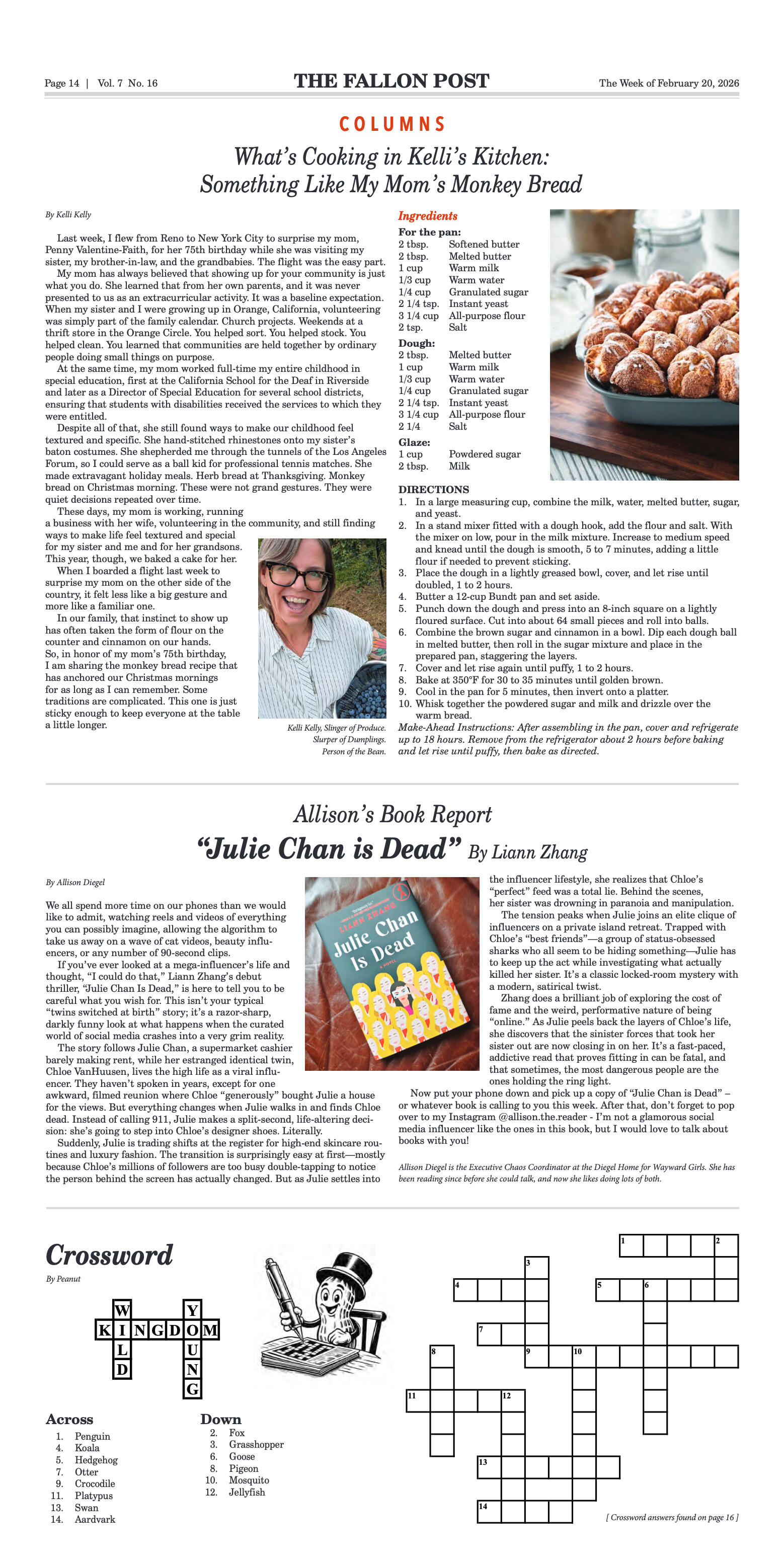
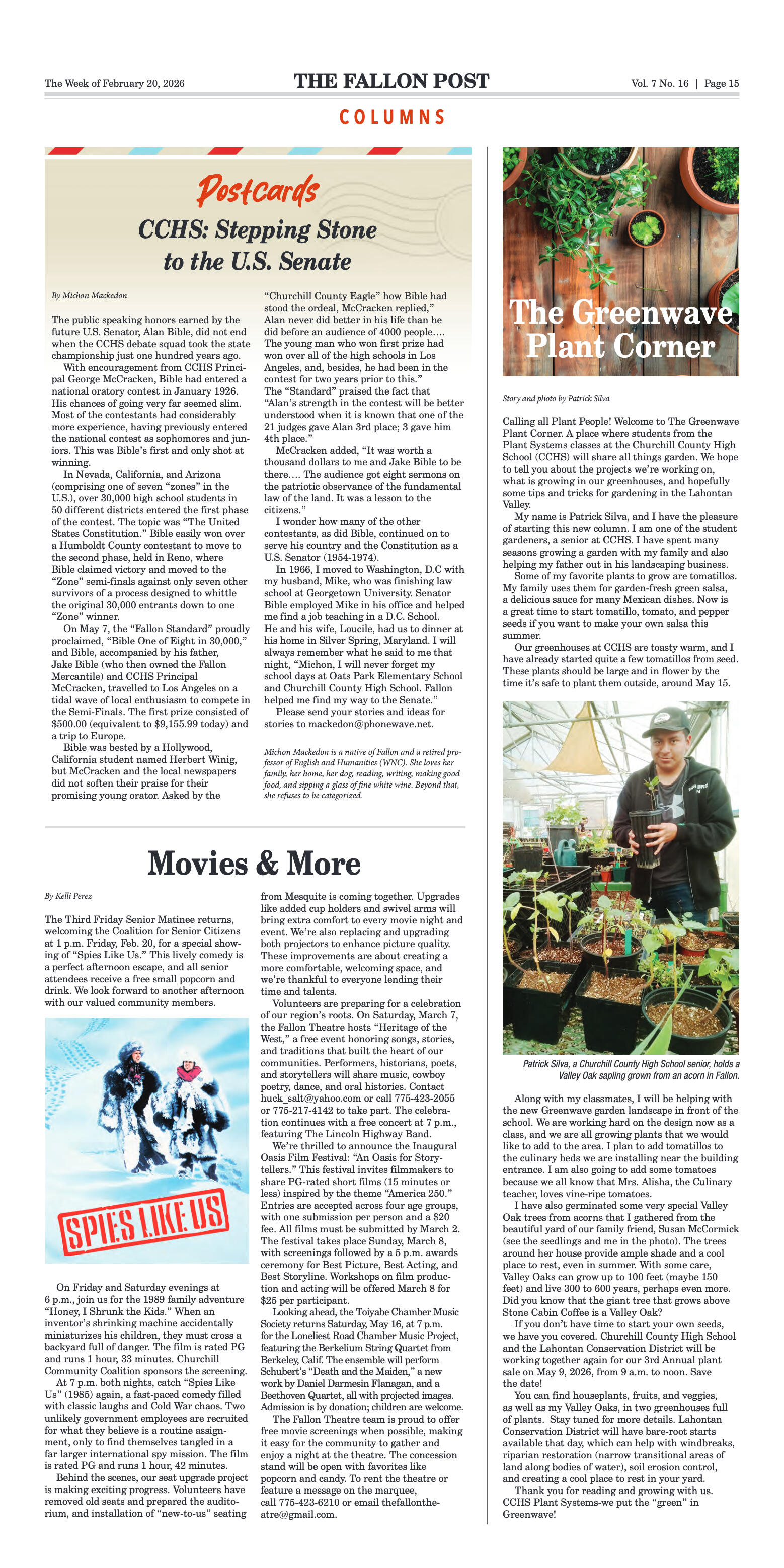























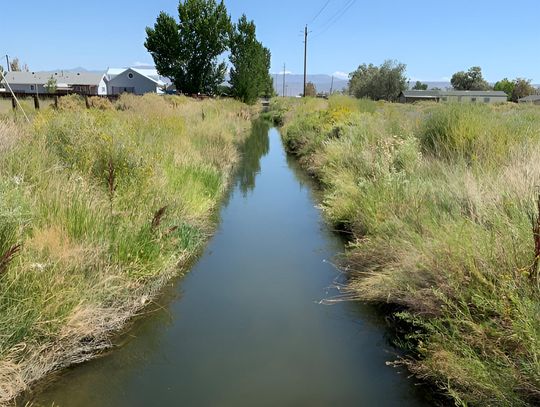



Comment
Comments